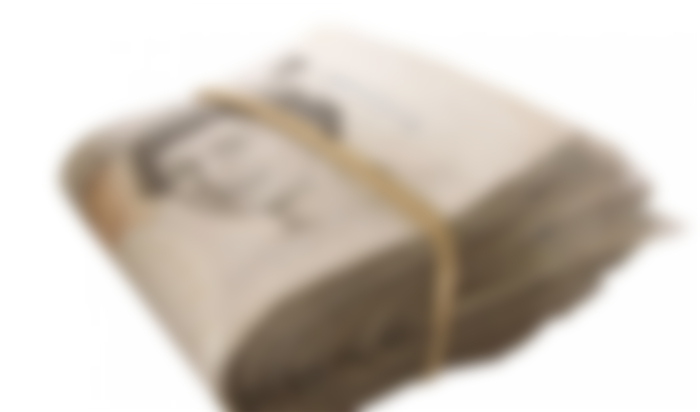
The overall wealth of France's top 500 fortunes has increased by nearly 25% in one year. It now represents 330 billion euros, 10% of the financial wealth of the French, "or a tenth of the wealth in the hands of a hundred thousandth of the population", reports the economic weekly "Challenges", July 11 2013. Scandal?
Widening inequalities .
The sociologist Christian Laval in a file devoted to the "Scandal of inequality" , was already worried that between "1960 and 2000, the share of world income which goes to the richest 20% of the population rose from 70% at 90%. That which goes to the poorest 20% fell from 2.3% to 1%. The last two decades of the twentieth century were marked by a reversal of tendencies towards the equalization of income and living conditions, linked to the mechanisms of the welfare state.
"Rethink in terms of class struggle and come back to Karl Marx "
In France, the share of the national income monopolized by the richest 10% had regressed until 1982. Since then, it has hardly ceased to increase. It is especially the very high incomes which increased, while the social minima saw their relative level drop. It is therefore as if the neoliberal period had led to a grabbing by a tiny part of the population of most of the new resources released by growth. "It is therefore appropriate, for him, " to rethink in terms of class struggle, and therefore to return to Karl Marx . "
What did Marx say about money? May he alienate and corrupt us. The philosopher Peter Singer recalls in an essay entitled "The Invisible Corruption" that Karl Marx , in a youthful work: Economic and Philosophical Manuscript (1844) , qualifies money "as a tool of universal alienation ", capable of transforming human nature. [...] Money alienates us, Marx thought, it harms our human nature as well as our relationships with others. " Psychology Experiments prove his intuition.
Denaturation .
Georg Simmel draws up an a priori contrary observation : for him, money participates in the rational project of the Enlightenment . By setting quantifiable and universalizable values, it frees up dependencies.
On the other hand, the atrophy of this universal exchange function in pathological or fetishistic relationships corrupts this rational project. Georg Simmel notes four pathological relationships with money. The one :
- the miser (one of the figures who best embodies the fascination with the omnipotence of money; allowing us to acquire all valuables, he is the "absolute means" )
- of the prodigal (in his eyes, money can do everything, allow everything and give everything; he puts into practice this infinite freedom by spending his days spending)
- the cynical (convinced that there are no more values insofar as, through money, everything becomes commensurable)
- the ascetic (while claiming to be free from money, is in fact obsessed with moving away from it at all costs).
These pathologies reveal the omnipotence of money: a universal intermediary which allows all exchanges, it also tends to destroy all other values and exposes us to venality .
Scandal.
Totem or taboo, questions of money fascinate as much as they embarrass . Why ? Not just for questions of "badly digested legacies of peasant culture and narrow Catholicism or rancid Marxism , " writes Patrick Williams.
"For Rousseau , a political community cannot exist with excessive wealth inequalities"
Sociologist Philippe Chanial, author of La société du don, continues : “In the French tradition, inherited from the Revolution, the figure of the citizen presupposes material equality. For Rousseau, a political community cannot exist with too strong inequalities in wealth . These are not simply moral reasons, but political reasons: when people are too poor, they risk being enslaved, and, precisely, equality - like freedom, moreover - supposes first of all the no. -domination, the refusal of any form of servitude. "
While the cumulative wealth of the 500 largest French fortunes has quadrupled in 10 years , reaching 330 billion euros, the number of homeless people has jumped by 50% during the same period. And in 2010, France had 4.8 million poor people (living with less than 50% of the median standard of living, ie, in 2010, 803 euros per month). What to mortgage, with Rousseau , the integrity of the political community.
